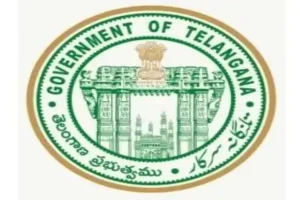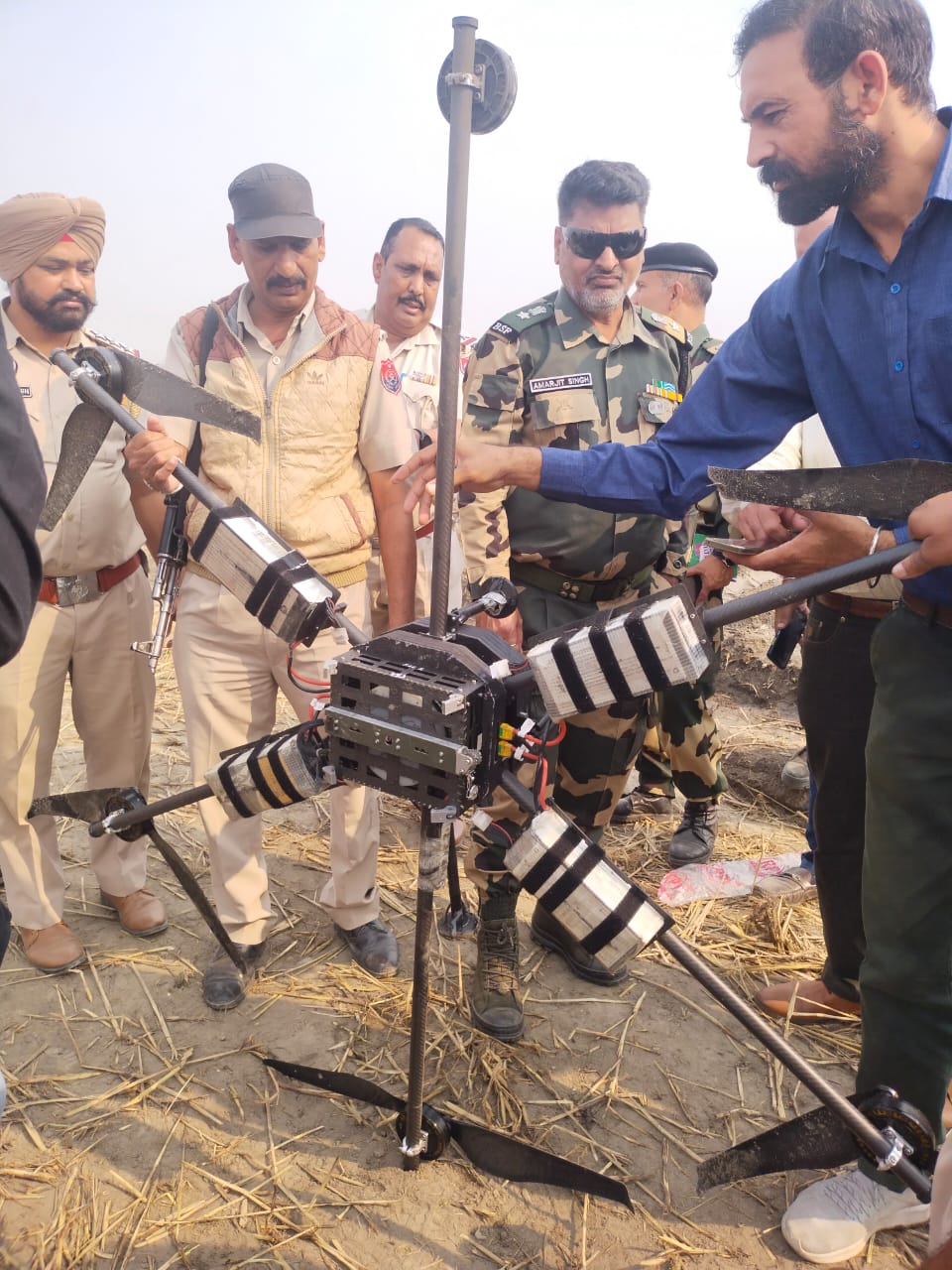Pakistan-allied hackers launched 15 lakh cyber attacks on Indian websites

In a major cyber onslaught, over 15 lakh cyber attacks have been traced back to Pakistan-allied hacker groups, targeting critical Indian websites over the last 60 days.
Cybersecurity agencies have confirmed that the digital offensive focused on government portals, defense servers, and private sector networks, attempting to breach data and disrupt services.
Officials at the Indian Computer Emergency Response Team (CERT-In) have linked the attacks to Advanced Persistent Threat (APT) groups operating under Pakistan’s cyber intelligence wing.
The attack pattern includes phishing, SQL injection, DDoS attacks, and ransomware payloads, with several unsuccessful attempts to bring down financial transaction portals.
Preliminary reports suggest these hackers were supported by non-state actors, likely operating out of Karachi and Rawalpindi, using spoofed IP addresses and botnets spread across Asia.
The Ministry of Electronics and IT has activated high-alert protocols and urged public and private entities to upgrade their firewalls and perform urgent vulnerability audits.
According to cyber intelligence sources, these attacks are believed to be part of a hybrid war strategy aimed at creating digital instability in India ahead of upcoming national events.
Indian defense systems reportedly repelled 97% of the intrusion attempts, but data analysis is underway to assess any breaches or data leaks.
This large-scale coordinated cyber assault follows a pattern observed during military tensions between the two countries, especially after cross-border incidents.
Cybersecurity analysts are now warning of the next phase of digital warfare, where cyber sabotage could target critical infrastructure like power grids, telecom networks, and transportation systems.
Speaking on the issue, cyber expert Rajnish Sinha stated, “This is not just hacking—this is modern warfare. Nation-backed groups are attempting to infiltrate and cripple our digital backbone.”
The Indian government has reportedly briefed international partners, including the US and UK, on the gravity of the situation and may seek global cyber defense collaboration.
Security agencies have urged citizens to stay alert, avoid suspicious emails, and report any unusual system activity to their respective IT departments.
Investigations are ongoing, and law enforcement agencies are working with global tech companies to trace the origin of these attacks and initiate countermeasures.
This cyber barrage once again underscores the urgent need for a National Cyber Security Task Force with real-time AI-based threat detection and response capabilities.


















